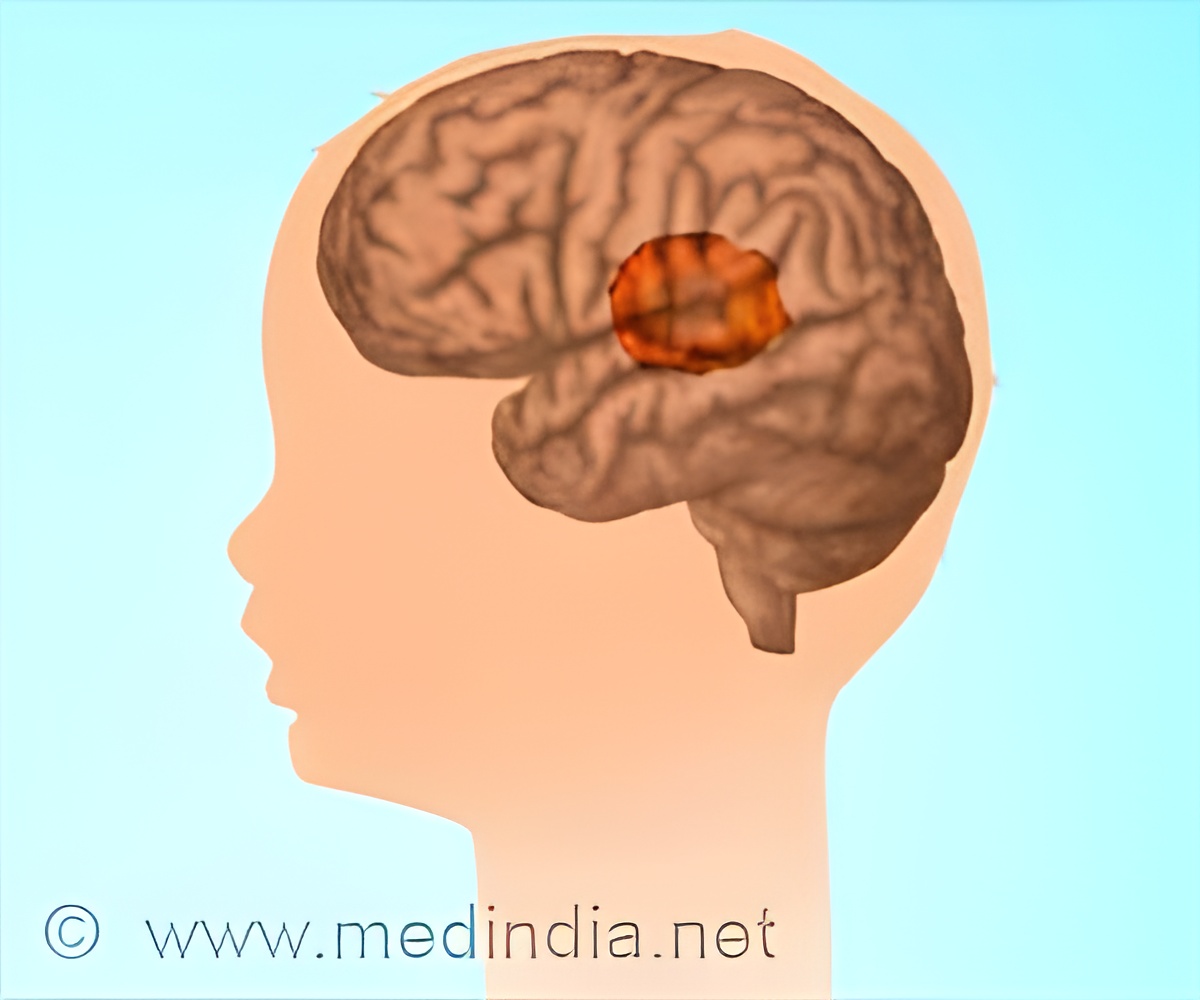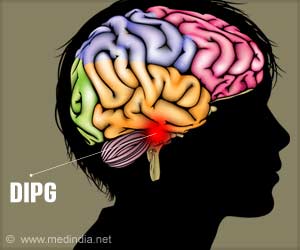
‘Lifelong surveillance is required for pediatric brain tumor survivors so that they can relieve the long-term cognitive and socioeconomic burden and continue to receive the best interventions during their transition to adulthood and well beyond.’
Read More..Tweet it Now
To assess such burdens, M. Douglas Ris, Ph.D., of Baylor College of Medicine and Texas Children's Hospital, and his colleagues at St. Jude Children's Research Hospital, compared 181 survivors of pediatric low-grade glioma with 105 siblings of cancer survivors who were participating in the Childhood Cancer Survivor Study. Read More..
The survivors and siblings all completed a comprehensive battery of standardized cognitive tests and socioeconomic assessments performed at 16 major medical centers in the United States and Canada.
Survivors were a median age of 8 years at the time of diagnosis, and they were a median age of 40 years at the time of assessment. Overall, survivors treated with surgery plus radiotherapy at the site of the tumor had lower estimated IQ scores than survivors treated with surgery only, who had lower scores than siblings. Survivors diagnosed at younger ages had low scores on most of the cognitive measures.
Survivors especially those treated with surgery plus radiotherapy were less educated, earned lower incomes, and had lower prestige occupations than siblings.
"Late effects in adulthood are evident even for children with the least malignant types of brain tumors who were treated with the least toxic therapies available at the time. Also, these neurocognitive and socioeconomic risks are evident many decades after treatment," said Dr. Ris.
Advertisement
Source-Eurekalert














